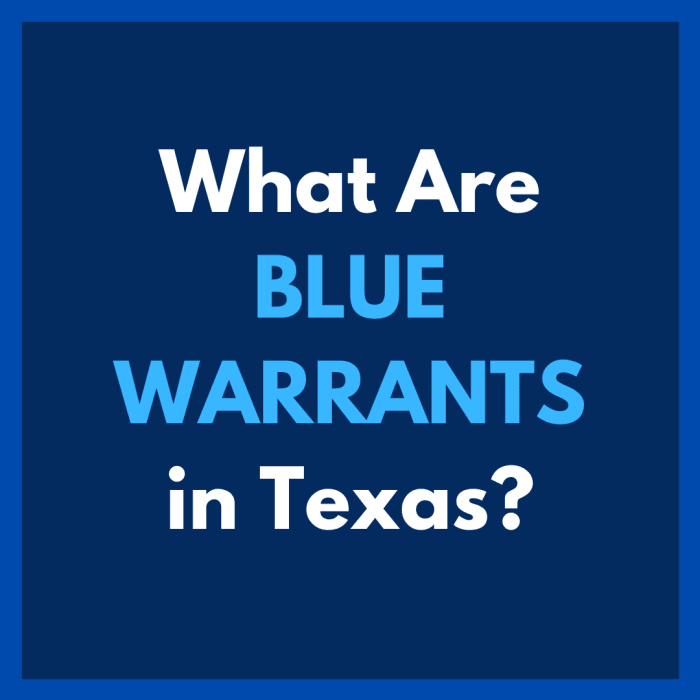What Is A Blue Warrant
Paragraph 1:
A blue warrant is an arrest warrant issued by a police officer or a law enforcement agency. It is a document that orders the immediate arrest of a person who is suspected of having committed a crime. The warrant is typically issued by a court and will list the name of the person to be arrested, the location of the arrest, and any other conditions set forth by the court.
Paragraph 2:
What Are The Requirements For Issuing A Blue Warrant?
In order for a police officer or a law enforcement agency to issue a blue warrant, there must be probable cause to believe that the person named in the warrant has committed a crime. Probable cause means that there is a reasonable belief that the person committed, or is about to commit, a crime. The police officer or law enforcement agency must also be able to demonstrate that the person named in the warrant has knowledge of the crime and is likely to flee the jurisdiction in order to avoid arrest.
Paragraph 3:
What Is The Process For Executing A Blue Warrant?
Once the blue warrant is issued, the police officer or law enforcement agency must serve the warrant to the person named in it. This means that the officer or agent must read the warrant to the person and explain the reasons for the arrest. The person must also be informed of their right to remain silent and the right to an attorney.
Paragraph 4:
What Happens After A Blue Warrant Is Served?
After the blue warrant is served, the police officer or law enforcement agency must take the person into custody. The person must then be brought before a court where they will be formally charged with the crime. If the court finds that there is sufficient evidence to support the charges, the court can then issue a trial date.
Paragraph 5:
The process of executing a blue warrant can vary depending on the local jurisdiction. For example, some jurisdictions may require the police officer or law enforcement agency to obtain a search warrant before executing the blue warrant. Additionally, the police officer or law enforcement agency may be required to serve the blue warrant at certain times of the day or in certain locations.
Paragraph 6:
If the person named in the blue warrant is found and arrested, they will be taken to the local jail or detention center. At this point, the person may be granted bail or held in custody until their trial date. If the person is found guilty of the crime, they may be sentenced to jail time, fines, or other forms of punishment.
Paragraph 7:
In conclusion, a blue warrant is an arrest warrant issued by a police officer or a law enforcement agency with sufficient evidence to support the charges. It is a document that orders the immediate arrest of a person who is suspected of having committed a crime. The process of executing a blue warrant can vary depending on the local jurisdiction and the person arrested may be granted bail or held in custody until their trial date.
[Special situation] Global Blue warrants - Asymmetric risk/reward
![What Is A Blue Warrant [Special situation] Global Blue warrants - Asymmetric risk/reward](https://bucketeer-e05bbc84-baa3-437e-9518-adb32be77984.s3.amazonaws.com/public/images/46fd9a91-9e43-4b80-bb38-d47e4d083414_1584x678.png)
What Are Texas Blue Warrants? - Soapboxie

What Are Blue Warrants and What Should I Do if One is Issued? - Houston
